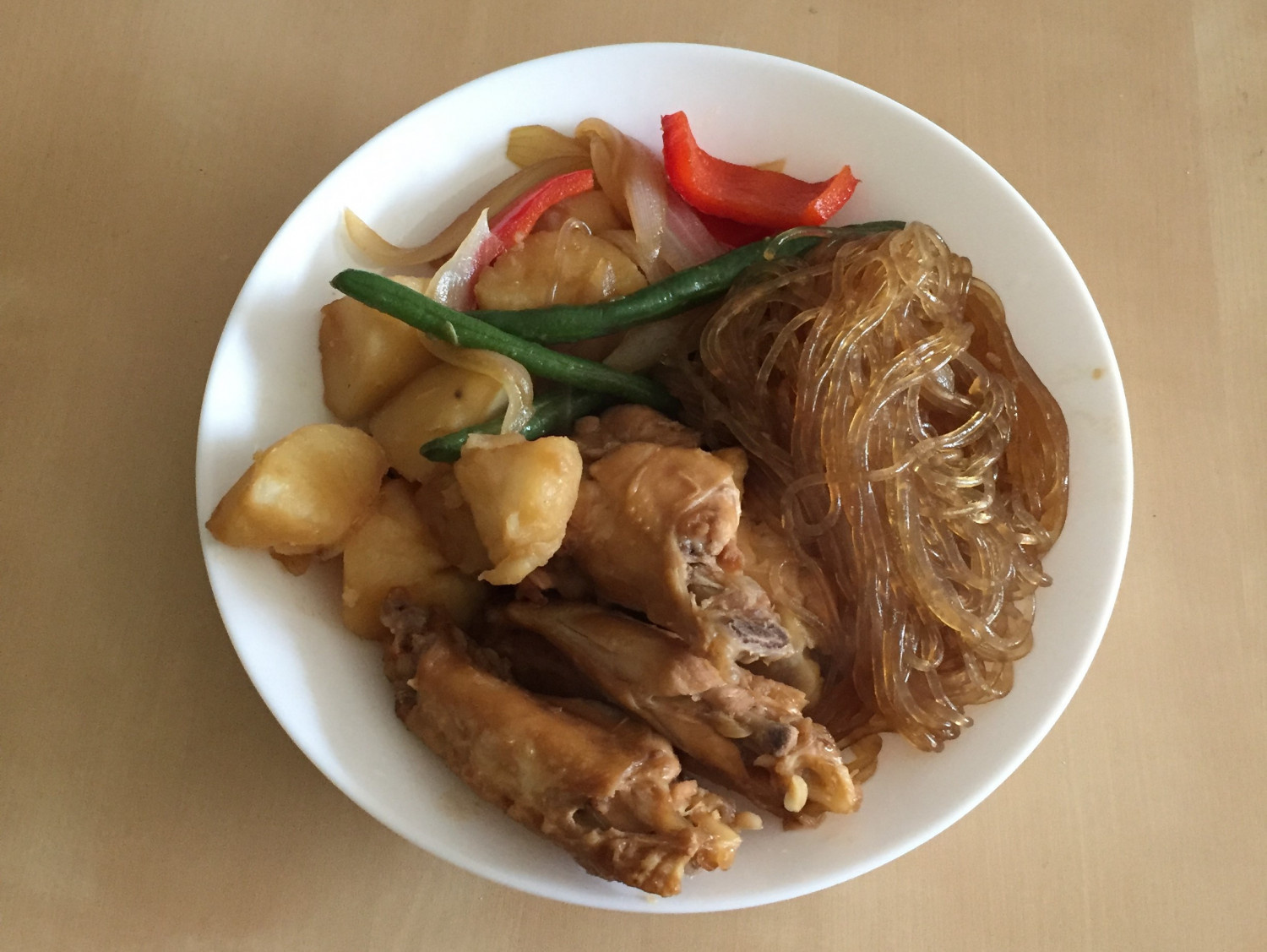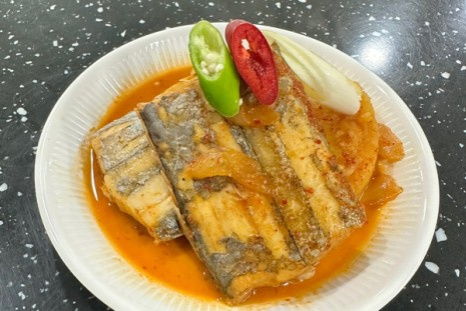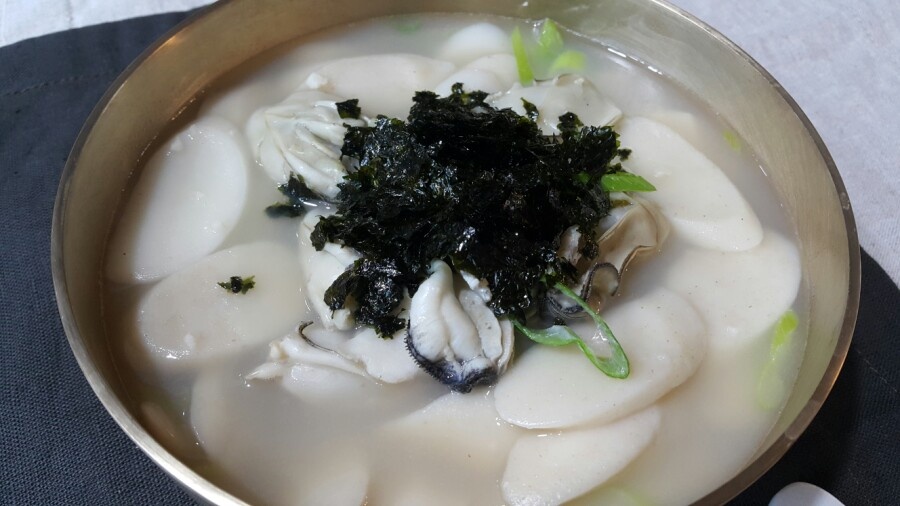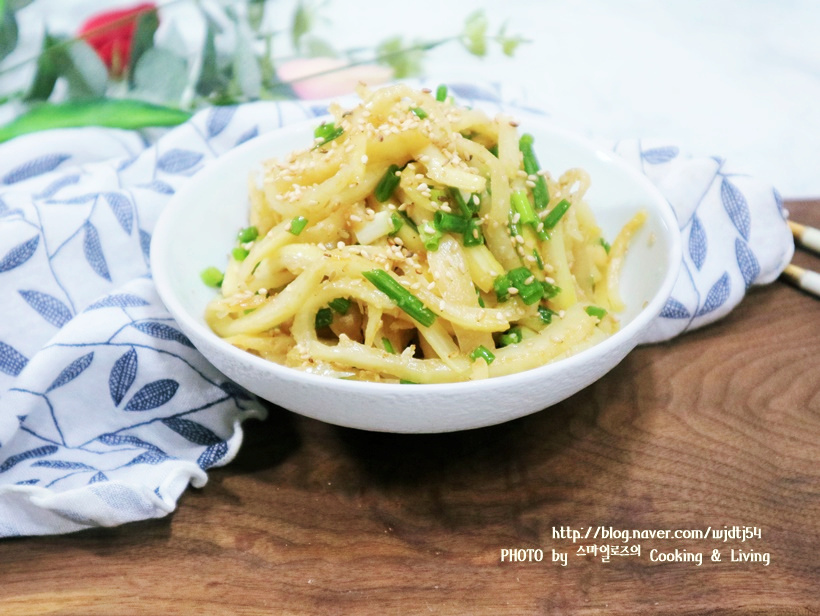Savory and Sweet Korean Braised Chicken (Jjimdak)
Homemade Jjimdak: A Delicious Korean Braised Chicken Recipe for Any Occasion!

It feels like ages since I last enjoyed Jjimdak! Last night, while watching a Mukbang (food broadcast) of Jjimdak, I suddenly felt inspired to make it myself. This morning, I immediately put my plan into action! As Goethe wisely said, ‘Thinking is easy, acting is difficult, and to put one’s thoughts into action is the most difficult thing in the world.’ It’s one of my favorite quotes, and it really resonated with me in this moment – though it might seem a bit serious for a recipe! (lol)
*Please note: 1 Cup = 250 ml in this recipe.*
Main Ingredients- Chicken Wings: approx. 1kg (2.28lb)
- Potatoes: 2 medium
- Green Bell Pepper: 1
- Onion: 1 medium
- Green Beans: a handful
- Dried Glass Noodles: suitable amount
Jjimdak Sauce- Soy Sauce: 1/2 Cup (125ml)
- Water: 1.5 Cups (375ml)
- Sugar: 2 Tbsp
- Mirin (Rice Wine): 2 Tbsp
- Garlic: 1 whole head, minced
- Habanero Pepper: 1 (or 2-3 Cheongyang peppers for spicier taste)
- Oligodang (Corn Syrup): a little
- Sesame Oil: a little
- Soy Sauce: 1/2 Cup (125ml)
- Water: 1.5 Cups (375ml)
- Sugar: 2 Tbsp
- Mirin (Rice Wine): 2 Tbsp
- Garlic: 1 whole head, minced
- Habanero Pepper: 1 (or 2-3 Cheongyang peppers for spicier taste)
- Oligodang (Corn Syrup): a little
- Sesame Oil: a little
Cooking Instructions
Step 1
Start by preparing the chicken wings. The quantity shown in the picture is sufficient for a generous 2-3 serving portion.

Step 2
Trim any excess fatty bits from the chicken wings. Place them in boiling water and blanch for about 5 minutes after the water starts boiling. This step helps to remove impurities and any unwanted gamey smell from the chicken.

Step 3
Drain the blanched chicken wings and transfer them to a large bowl. They will be marinated while still warm.

Step 4
Now, let’s prepare the marinade. Add 1 cup (250ml) of water to the bowl.

Step 5
Next, add 1/2 cup (125ml) of soy sauce, 2 Tbsp of sugar, and 2 Tbsp of mirin (rice wine). Mix these ingredients well. Marinate the chicken wings in this sauce for about 30 to 40 minutes to allow the flavors to deeply penetrate the meat.

Step 6
While the chicken is marinating, prepare the aromatics and spice. Mince the entire head of garlic. Finely chop the habanero pepper (or 2-3 Cheongyang peppers if you prefer it spicier). Be careful with the seeds of the habanero, as they contain most of the heat; you may want to remove them if you prefer less spice.

Step 7
Add the minced garlic and chopped habanero pepper to the chicken wings that are marinating in the soy sauce mixture. Mix everything thoroughly and let it marinate for another 10 minutes. This will infuse the chicken with a spicy kick.

Step 8
While the chicken continues to marinate, prepare the vegetables. Peel the potatoes and cut them into bite-sized pieces. Slice the green bell pepper and onion similarly. Wash and trim the green beans.

Step 9
Glass noodles are a must-have for Jjimdak! (I find soaking dried glass noodles in cold water to be a bit of a hassle, so I’ll opt for briefly blanching them in hot water instead. This saves time and prevents the noodles from becoming too mushy.)

Step 10
Transfer the well-marinated chicken wings and all the marinade to a large pot. Add an additional 1/2 cup (125ml) of water to adjust the sauce consistency and prevent it from being too salty. Bring the mixture to a boil over high heat.

Step 11
Once the liquid starts boiling, add the prepared potatoes. Potatoes take a bit longer to cook, so adding them first is ideal.

Step 12
When the potatoes are about halfway cooked (approximately 10-15 minutes later), add all the other prepared vegetables: green bell pepper, onion, and green beans. Adding vegetables too early can make them overly soft, so gauge the potato’s doneness before adding them.

Step 13
As the vegetables begin to soften to your liking, add the blanched glass noodles. Gently toss the noodles to coat them evenly with the sauce. Reduce the heat to low and continue to simmer until the noodles are fully cooked. In the final step, drizzle a little oligodang (corn syrup) for sweetness and shine, and a touch of sesame oil for aroma. (Personally, I find the Jjimdak more enjoyable without the strong aroma of sesame oil, opting for a cleaner finish. Feel free to adjust this to your preference.)

Step 14
Voila! Your homemade, hearty, and delicious Jjimdak is ready! It tastes incredibly good, especially knowing it was made with care at home. I highly recommend you give this recipe a try!




